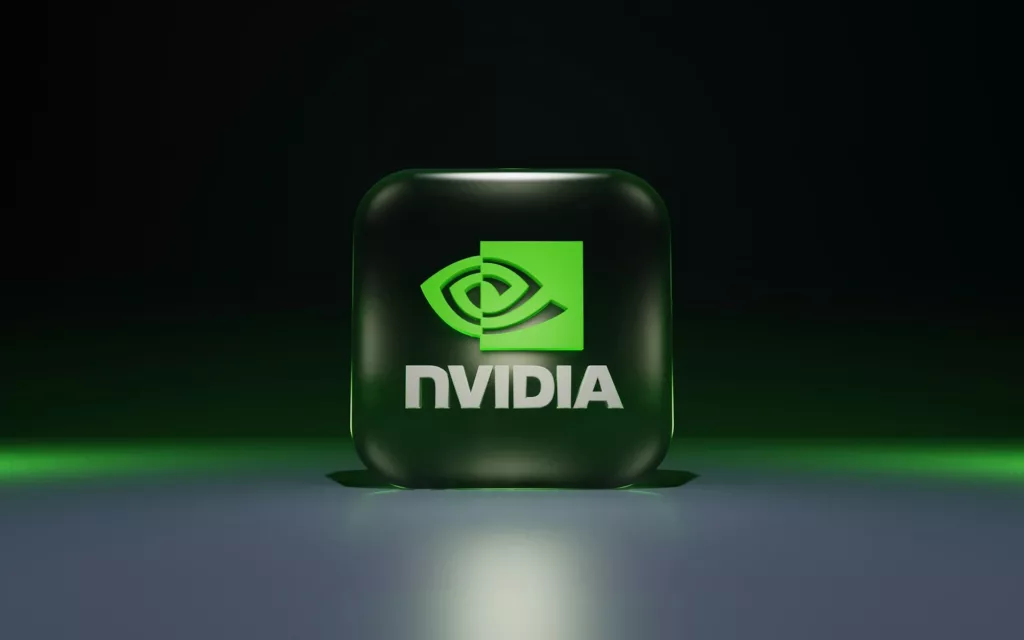The black chip designed by Nvidia, named Blackwell AI Chips, has finally been amended by design flaw because of its CEO Jensen Huang. Here is what this means for the future
The most recent Blackwell AI chips from Nvidia are back on track after a critical design flaw began to slow the production of these. The chipmaker had indeed confirmed that the problem which had caused a delay in shipments and had turned its major clients, has now been fixed in partnership with TSMC, long-term Taiwanese manufacturing partner. This is important for Nvidia as their Blackwell chips form one of their prime product offerings within an increasingly gigantic AI industry.
Nvidia’s Blackwell Chips: Technology from Design Flaw to QVC Quick Fix
The CEO spoke on October 23, 2024, at an event in Copenhagen about the issue that had shaken the AI giant. Jensen Huang revealed that the Blackwell AI Chips, which were scheduled to begin shipping in the second quarter of the year, have been delayed due to a design flaw. Those chips were first announced in March and big-name clients like Meta Platforms, Google, and Microsoft are eagerly waiting for them as each has its heavy dependence on Nvidia’s leading-edge AI technology.
“We had a design flaw in Blackwell,” Huang said, referring to one of the earlier GPUs. “It was functional, but the design flaw caused the yield to be low. It was 100% Nvidia’s fault.”
Huang is refreshingly candid for an industry in which corporate stumbles are usually sealed with non-disclosure agreements. The yield problem, referring to the percentage of flawless chips produced, was affecting production dramatically. The share price of the chips and graphics provider Nvidia fell by about 2% in early trading Thursday, reflecting market unease over delays and sustaining its customers’ demand. But the chief executive did not take much time to downplay the frictions between the two companies, saying that media reports over the friction between them were “fake news”.
The Role of TSMC in Nvidia’s Recovery
“What TSMC did, is that it enabled us to recover from that yield difficulty and to rebuild Blackwell back to such an incredible pace.”
TSMC has been involved with Blackwell AI Chips for a few years now, but what makes its volume of complex and high-performance chips a must-have for big tech companies like Nvidia. The delay in Blackwell could have put Nvidia on the back foot as it would affect all of its relationships with its customers, many of whom happened to be top tech players including Alphabet and Microsoft which were betting on the Blackwell chips for further AI advancements at their own end.
Why Blackwell Chips Are Important
This is big technology advance in Blackwell AI Chips that will be used in powering the advanced AI system as well as autonomous vehicles and high-performance computing. It brings together two squares of silicon, the same size as its predecessor chips, into one single unit. The new design makes it possible for a chip to complete tasks at 30 times faster and sets it perfectly to be used in applications like a chatbot, plus significant data analysis applications within AI.
Having resolved its design flaw, Nvidia can now assure its promise of shipping Blackwell AI Chips in the fourth quarter of 2024, according to Huang, as presented at a recent Goldman Sachs conference. This means customers such as Meta, Google, and Microsoft won’t experience major delays in implementing these chips in their data centers and AI projects.
Launch of the Gefion Supercomputer: What’s Next for Nvidia?
But first, there was, of course, the supercomputer announcement designed to finally solve the Blackwell AI Chips problem. Huang then unveiled a brand-new supercomputer in Denmark called Gefion. Gefion is a collaboration between Nvidia, the Novo Nordisk Foundation, and Denmark’s Export and Investment Fund. The machine will boast 1,528 GPUs that will push AI research and development boundaries even further out into the space where Nvidia’s role takes center stage in the AI revolution.
What Does This Mean for Nvidia and Its Customers?
Gefion is optimized for performance and efficiency, making it suitable for use in the critical applications of massive AI such as machine learning and neural network training. This new supercomputer showcases Nvidia’s innovation in scaling its technology to keep up with the demand of the AI landscape.
With production issues in the rearview mirror, Nvidia is well-equipped to carry on with Blackwell. Reversing this design flaw should help alleviate concerns for investors and customers alike. For companies like Meta, Google, and Microsoft, getting the Blackwell AI Chips by the time set will enable them to keep pushing forward on their AI projects-many of which rely heavily on high-performance computing power.
This proactive attitude towards making a correction and admitting to the mistake has strengthened Nvidia’s position as a transparent and reliable organization within the realm of technology. As more lifelike AI technology follows a path that gets more ingrained in our everyday lives, the organization remains in the vanguard of new possibilities.
By fixing this design defect within its Blackwell AI Chips, Nvidia can continue with AI advancement. Next updates will feature what these innovations can change for the future of tech.
Stay updated: Artificial Intelligence – Tech News



